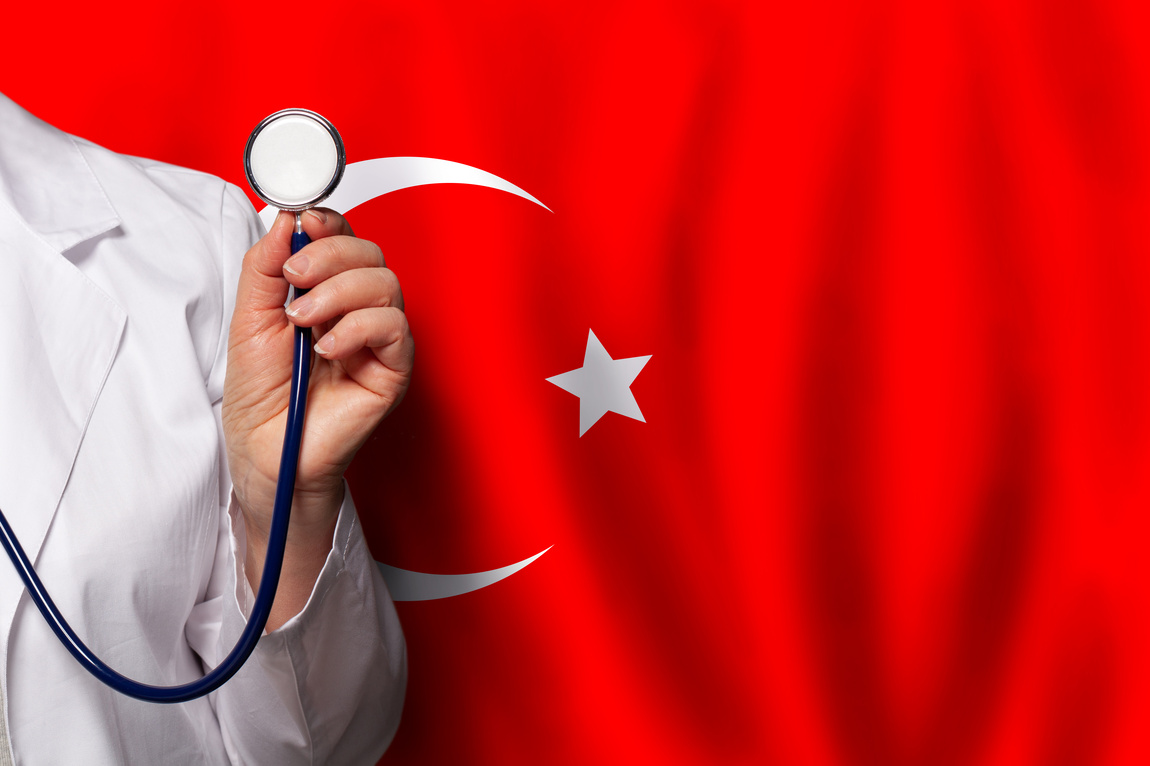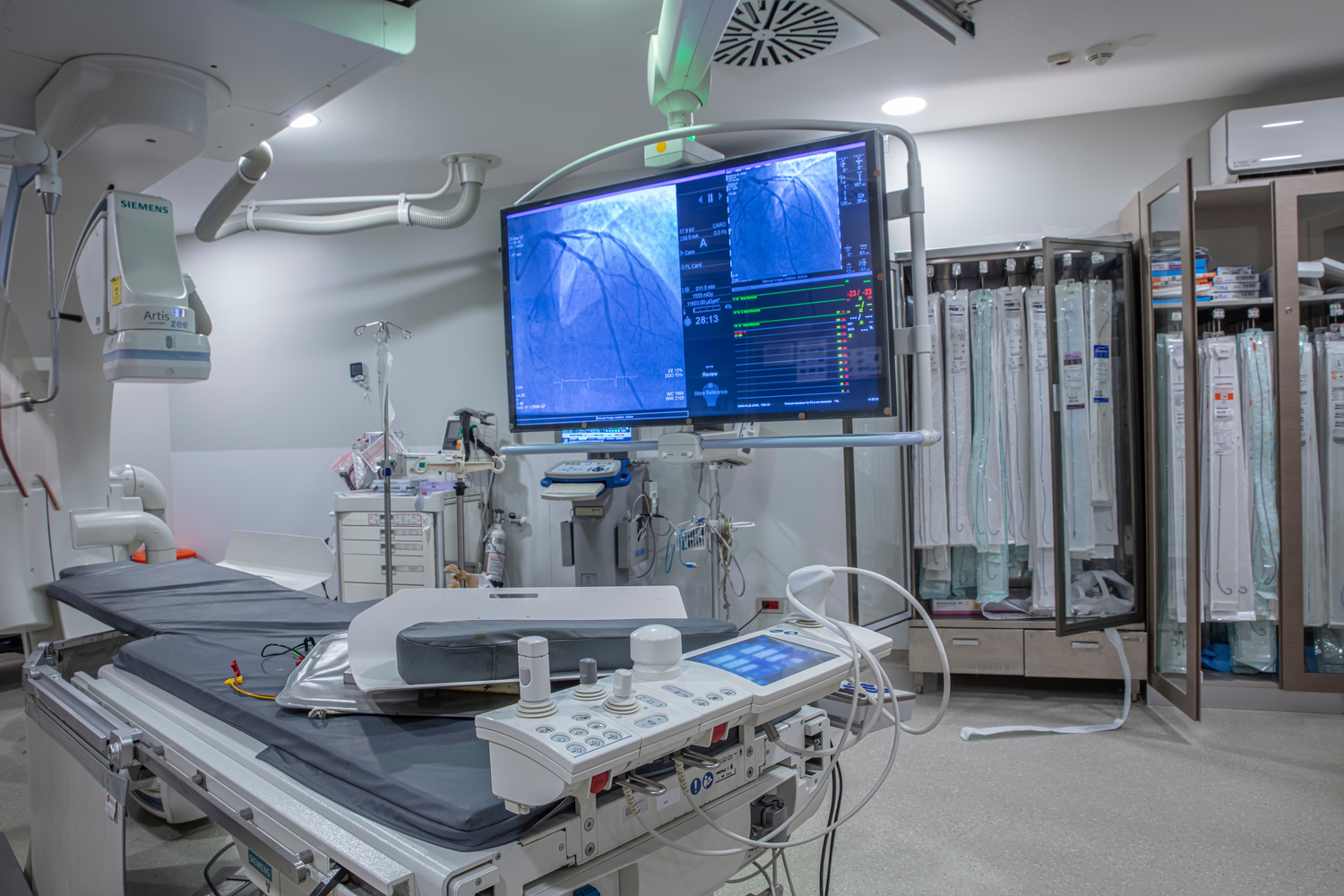
The growing Turkish health tourism sector has been experiencing a wave of negative media coverage in the British press.
Over the past five weeks, 18 different articles have been published in major British outlets, including Mirror, Daily Mail, The Sun, The Express, The Independent, and The Telegraph.
These reports focus on medical complications, risks, and alleged poor practices in the Turkish health sector, often using isolated cases to create a broader negative perception.
According to an international media review conducted by FL PR & Communications, British media organizations have targeted Türkiye's health tourism sector with manipulative news stories.
These articles focus on procedures such as hair transplants, dental treatments, obesity surgeries, and cosmetic operations, often using dramatic headlines and exaggerated narratives. Some reports involve undercover journalists posing as patients to gather material for their stories.

Here are some of the recent reports:

Furkan Luleci, founder of the London-based global PR firm FL Communications, has described these reports as part of a systematic effort to damage the reputation of Turkish health tourism.
He discussed concerns that some organizations in the U.K., including the National Health Service (NHS), may be funding these media campaigns to discourage medical tourism to Türkiye, as reported by Turizm Ajansi.
The 18 articles we identified over the last five weeks indicate a deliberate smear campaign. Reports exaggerate isolated incidents, falsely portraying Turkish health tourism sector as unsafe. Claims that patients have lost their teeth, suffered after hair transplants, or died from cosmetic procedures are either misleading or deliberately distorted.
Luleci stated
Luleci also emphasized the importance of strengthening legal and strategic communication measures to counter misinformation.
He called for increased international engagement from Türkiye's Ministry of Health, Ministry of Trade, and the International Health Services Inc. (USHAS) to provide accurate information about the country's health tourism sector.

Türkiye has become one of the top destinations for health tourism, offering high-quality medical care at competitive prices. In 2024, Türkiye welcomed 2 million health tourists, generating $3 billion in revenue.
The country's modern hospitals, internationally accredited facilities, and experienced medical professionals make Turkish health tourism a leading player in the industry.
Despite this success, Luleci believes that the Turkish health tourism sector must adopt a more proactive public relations strategy to combat negative media narratives.
Türkiye has established itself as a reliable health tourism hub, but these misleading stories aim to damage its reputation. We need a strong PR and perception management strategy. If we do not take control of our own narrative, others will distort it.
The recent International Health Tourism Fair in London brought this issue to light, with undercover journalists disguising themselves as patients to produce misleading reports about Turkish clinics.
Luleci urged Turkish authorities and healthcare providers to collaborate on a long-term media strategy to protect the sector's reputation.
He called on stakeholders to address misinformation, promote transparency, and reinforce Türkiye's position as a trusted medical tourism destination.